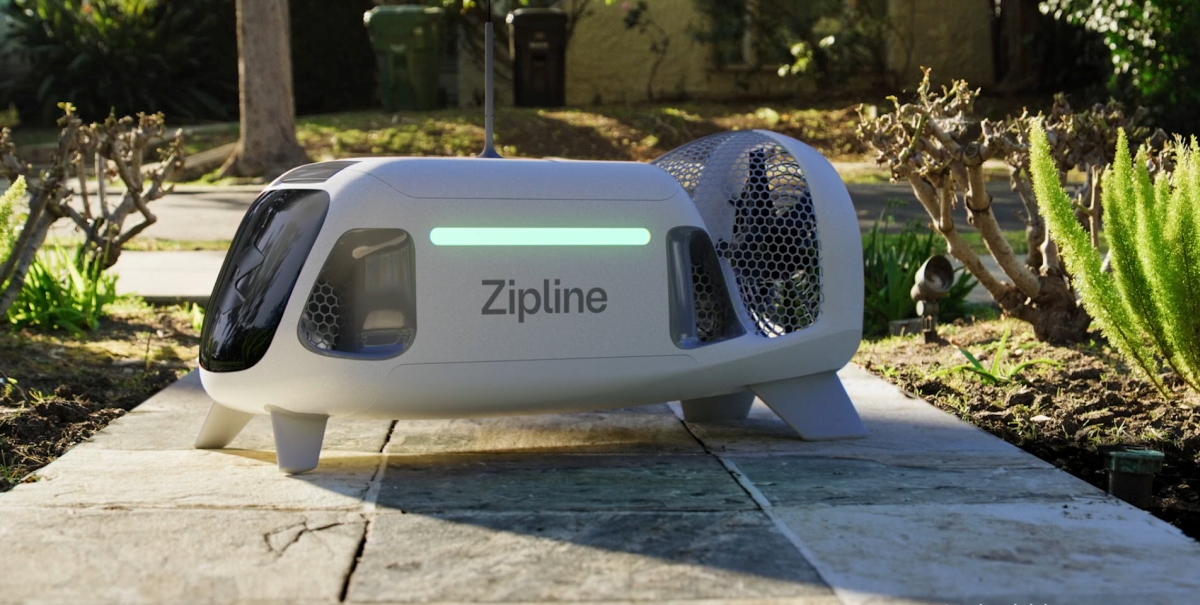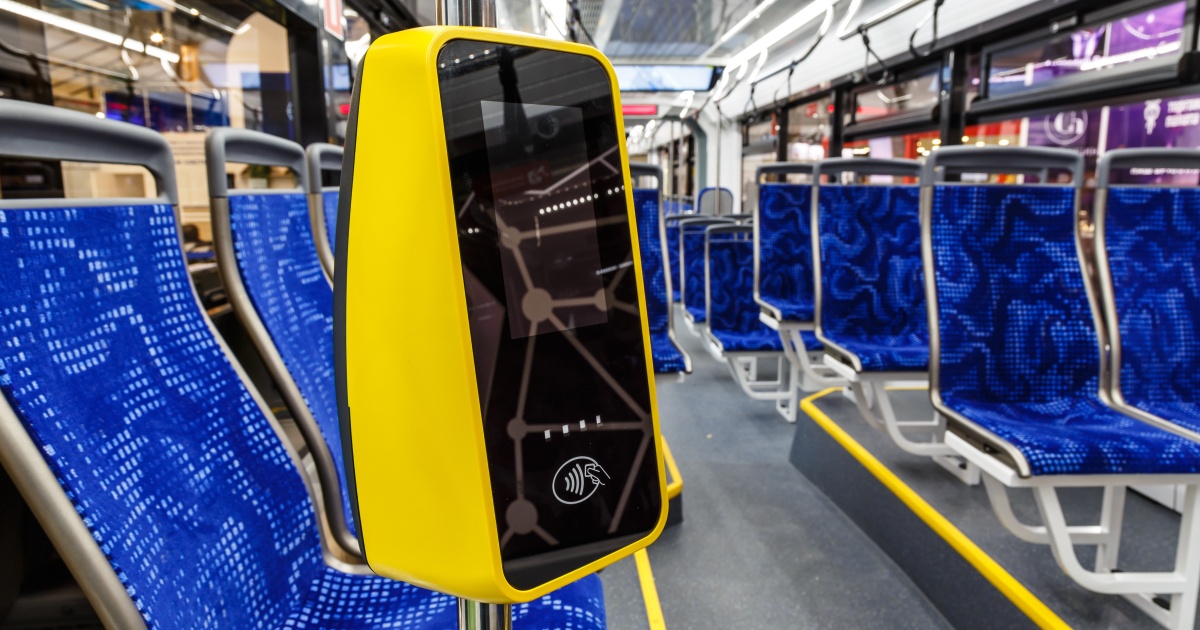The Next-Generation Energy Technologies for Connected and Autonomous On-Road Vehicles (NEXTCAR) program sponsored by the U.S Department of Energy’s Advanced Research Projects Agency-Energy (ARPA-E) is designed to apply next-generation Connected Transportation technology to truck platooning and concepts for smart, cloud-connected powertrains to achieve 20 percent fuel savings for tractor-trailers.
Purdue University leads the NEXTCAR project team, with Peloton Technology, a connected and automated vehicle technology company for freight transportation, Cummins, Peterbilt Motors Company, ZF TRW, the University of Arizona and the National Renewable Energy Laboratory (NREL). Contributions from partners include Peloton’s current platooning system and higher-automation platooning technology under development, advanced powertrain solutions from Cummins, steering controls from ZF TRW and state-of-the-art trucks from Peterbilt.
“As we join in launching this national project, we are excited about the team’s complementary strengths in commercial powertrain development, connected vehicle applications, vehicle automation and trucking operations,” said Josh Switkes, CEO, Peloton. “Our first truck platooning system is coming to market in 2017. This project will build upon our existing system and is complementary to the higher-automation solutions we are developing next. We appreciate the leadership shown by ARPA-E in creating the NEXTCAR program and by Purdue in assembling our team.”
The partners will develop, integrate and demonstrate a set of co-optimized powertrain and automated driving controls to improve the fuel efficiency of tractor-trailers, which consumed over 40 billion gallons of diesel fuel in 2015 according to the American Trucking Associations.
By combining novel algorithms, look-ahead data and vehicle-to-vehicle (V2V) and vehicle-to-cloud (V2C) connectivity, the team aims to reduce the fuel use of a baseline Class 8 Peterbilt 579 by 20 percent in real-world driving conditions. That level of savings across the U.S. tractor-trailer fleet would translate to upwards of 8 billion gallons in diesel fuel and 80 million tons of carbon dioxide emissions conserved annually. The new controls require minimal hardware changes and can be programmed into electronic control units (ECUs) that are already on the trucks. This approach means that innovations that emerge from the project can be commercialized at low cost.
The significant gain in platooning efficiency over the three years of the NEXTCAR project will be the sum of several technology advancements, including the development of powertrain set points optimized for when trucks are operating in platooning mode, and the integration of steering control which will raise the system from a Level 1 to Level 2 automated driving system under industry-standard definitions of SAE International.
“We are delighted to have Peloton on the team,” said Greg Shaver, professor of mechanical engineering at Purdue and principal investigator for the project team. “Peloton brings thought leadership and proven, compelling results in Class 8 truck platooning and connectivity. I cannot imagine pursuing this ambitious project without Peloton’s significant participation.”
The NEXTCAR partners expect to launch the three-year project in March 2017. The team will receive a total of $5 million from ARPA-E and will provide additional cost share funding. The Purdue-team has been offered the largest award (tied with Ohio State University) of 10 total NEXTCAR Program projects.
Edited by
Alicia Young





